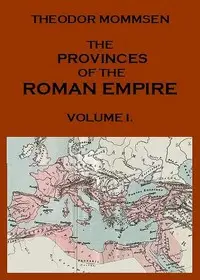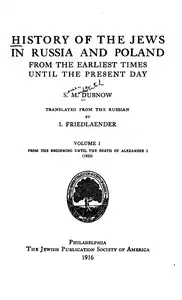"The History of Rome, Book I" by Theodor Mommsen is a historical account written in the late 19th century. This volume focuses on the period preceding the abolition of the Roman monarchy, detailing the early migrations and developments of various Italian tribes as they formed distinct cultures leading to the emergence of Rome. Mommsen’s thorough exploration lays a foundational understanding of Rome's historical context, including its geography, early inhabitants, and the socio-political structures that shaped its civilization. At the start of this work, Mommsen introduces the broad geographical and cultural landscape of ancient Italy, emphasizing its significance in the Mediterranean world. He discusses the interplay between various ethnic groups, including the Umbrians, Sabellians, and Latins, and outlines the foundational elements of early Italian society, including agriculture, tribal organization, and settlement patterns. With careful scrutiny of linguistic and archaeological evidence, he articulates the gradual unification of these tribes under Latin dominance, setting the stage for Rome's ascension as a central power. This opening portion thus establishes the key thematic elements that will underpin the detailed historical narrative to follow. (This is an automatically generated summary.)

The History of Rome, Book I The Period Anterior to the Abolition of the Monarchy
By Theodor Mommsen
"The History of Rome, Book I" by Theodor Mommsen is a historical account written in the late 19th century. This volume focuses on the period preceding...
Christian Matthias Theodor Mommsen was a German classical scholar, historian, jurist, journalist, politician and archaeologist. He is widely regarded as one of the greatest classicists of the 19th century. He received the 1902 Nobel Prize in Literature for his historical writings, including The History of Rome, after having been nominated by 18 members of the Prussian Academy of Sciences. He was also a prominent German politician, as a member of the Prussian and German parliaments. His works on Roman law and on the law of obligations had a significant impact on the German civil code.


















